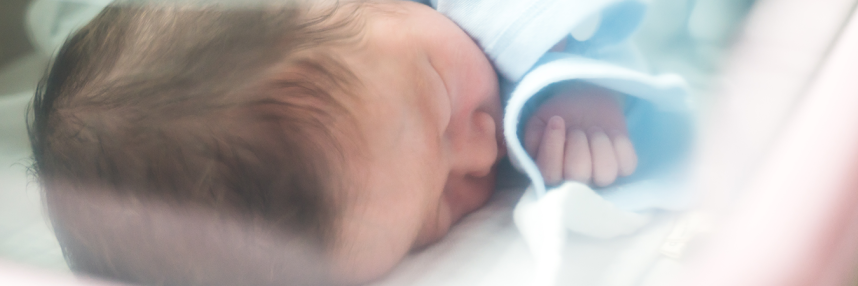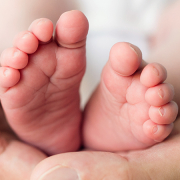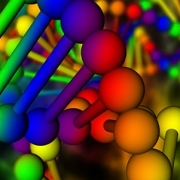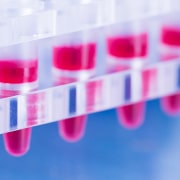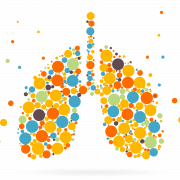A ground-breaking new gene therapy has saved the life of its very first NHS patient
A baby girl is showing no further signs of the fatal genetic disorder metachromatic leukodystrophy after treatment with an exciting new gene therapy
A baby girl diagnosed with metachromatic leukodystrophy (MLD) last year has been the first to receive a ground-breaking new gene therapy on the NHS. Since treatment, she has shown no further signs of the disorder, which would otherwise have proved fatal.
As we reported last year, the drug atidarsagene autotemcel (sold under the brand name Libmeldy and only recently approved by NICE) is an extremely complex therapy that was, at the time of approval, the most expensive drug in the world, with a list price of £2.8 million per patient. Eye-watering price tag aside, it has the potential to save the lives of the small number of babies born with MLD – around four each year in the UK.
Metachromatic leukodystrophy
MLD occurs when the body cannot make a crucial enzyme called rylsulfatase-A, meaning that fats, instead of being broken down, build up in cells that protect nerves, causing the cells to die. The most common form of MLD affects children under 30 months and causes sight and hearing loss, movement problems, cognitive impairment and seizures. The life expectancy of affected children is limited to between five and seven years.
“MLD is a progressive, life-limiting condition and, prior to this metabolic disorder service being made available via the NHS, there were no approved treatment options available,” said Professor Simon Jones, consultant in paediatric inherited metabolic disease at the Manchester Centre for Genomic Medicine. “It is therefore enormously welcome that we are now able to offer Libmeldy treatment via the NHS, which is testament to the rigorous clinical trials that have paved the way for this decision.”
Teddi and Nala
Teddi, now 19 months old, was the first person to receive Libmeldy in the UK outside of clinical trials. She and her older sister Nala were both diagnosed with MLD at the same time. Unfortunately, Nala’s condition had already progressed too far for her to be eligible for the treatment.
The gene therapy, which is essentially a blood stem cell transplant in which the patient is both donor and recipient, equips cells with the ability to make the enzyme that is missing in cases of MLD. However, if the condition has progressed past a certain point there will already be cell damage, which cannot be reversed; for that reason, the treatment is only approved for children with no symptoms, or with mild symptoms that have not caused inability to walk or cognitive decline.
“Being told that our first daughter, Nala, wasn’t eligible for any treatment, would continue to lose all functions and die extremely young was the most heart-breaking and hardest thing to come to terms with,” said the girls’ mother. “However, amongst the pain was hope for our younger daughter, Teddi … We are extremely privileged that Teddi is the first child to receive this on the NHS, and we are grateful that she has the opportunity to lead a long and hopefully normal life.”
Teddi was treated at the Royal Manchester Children’s Hospital, which, in collaboration with the Manchester Centre for Genomic Medicine, is one of only five centres in Europe equipped to offer the treatment. Her stem cells were collected in June 2022, and she received the treated cells back in August. According to her mother, she is now “walking, running, a chatterbox”, with no signs of MLD.
“We can only hope that one day, a treatment becomes available for all stages of MLD,” said Teddi’s mother. “We feel strongly that it should be added to the newborn screening test to save more families from having to go through this heartache.”
–


